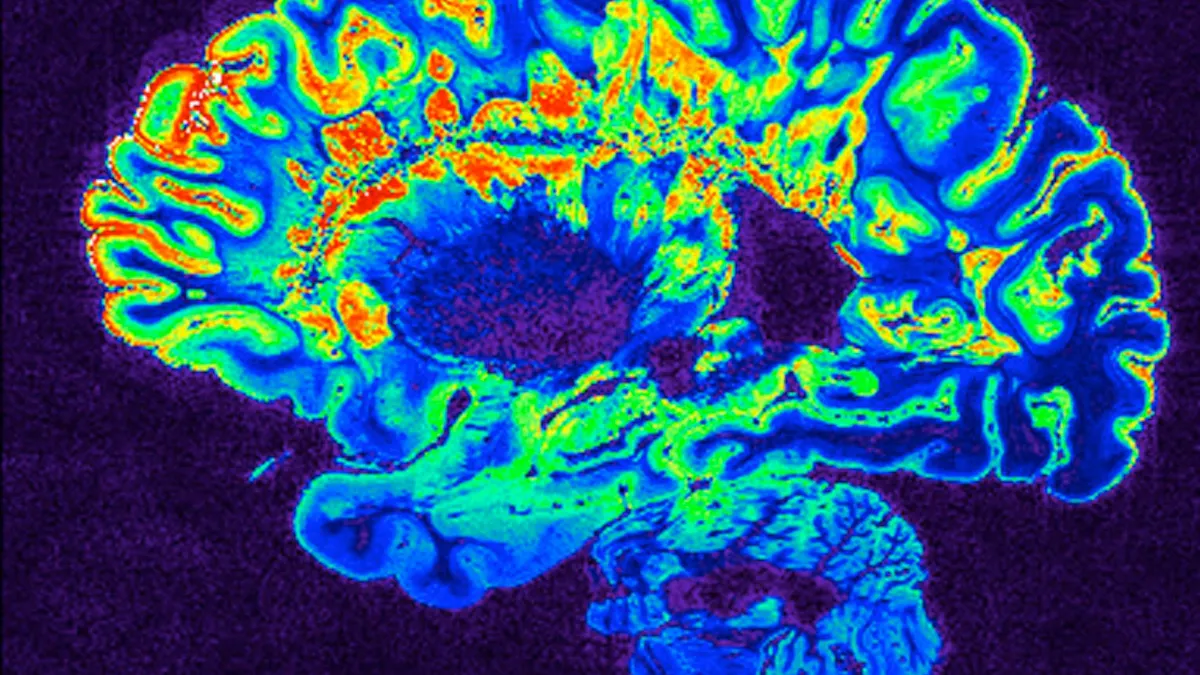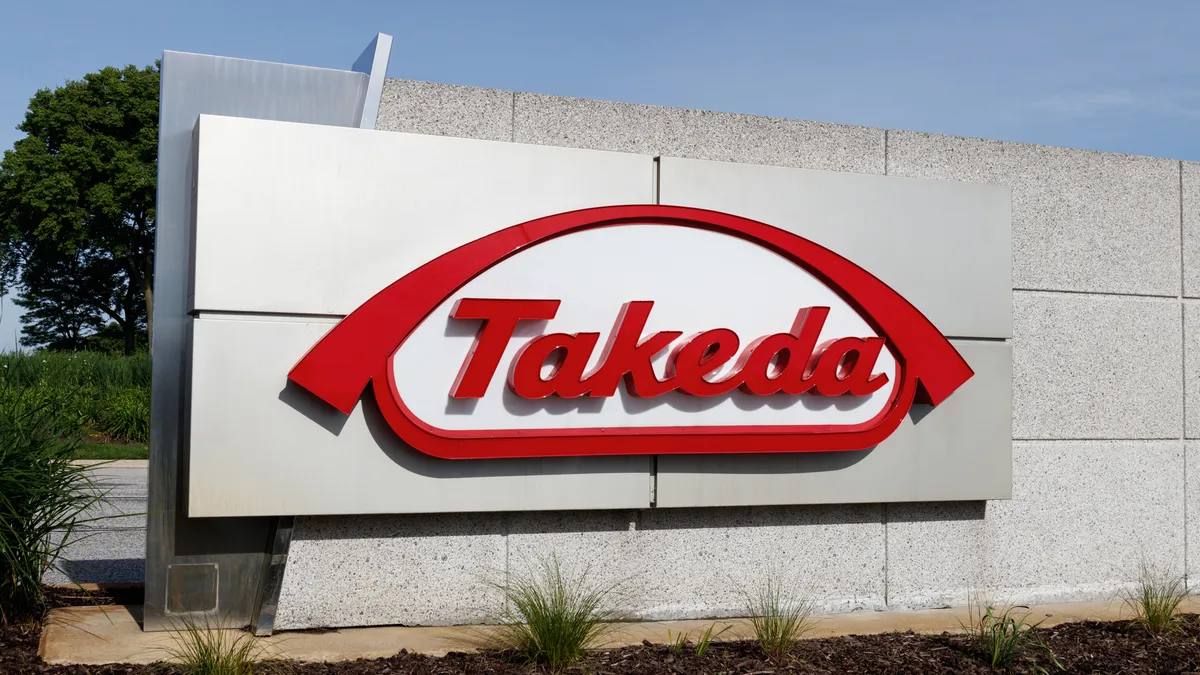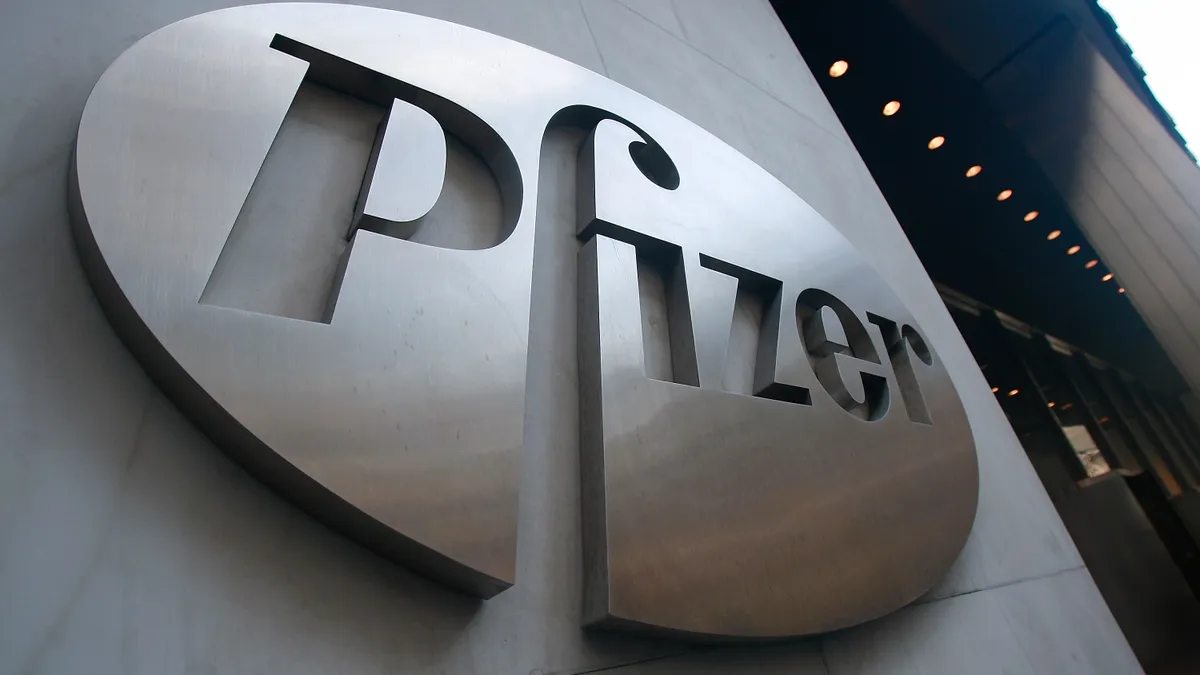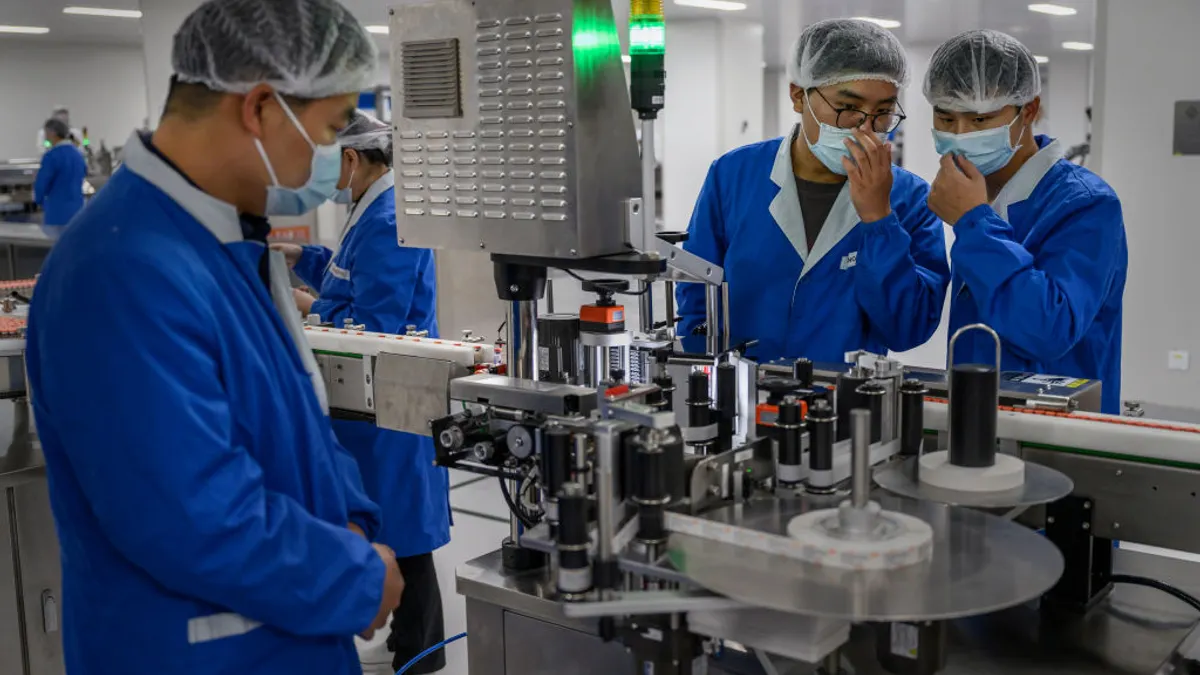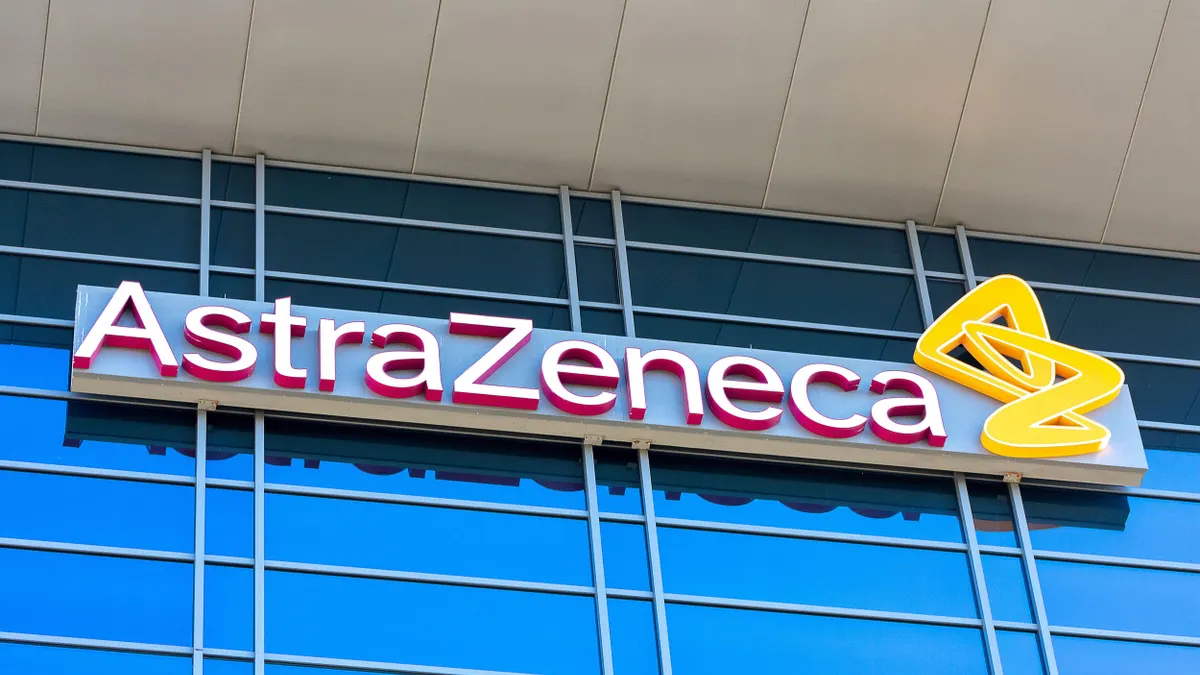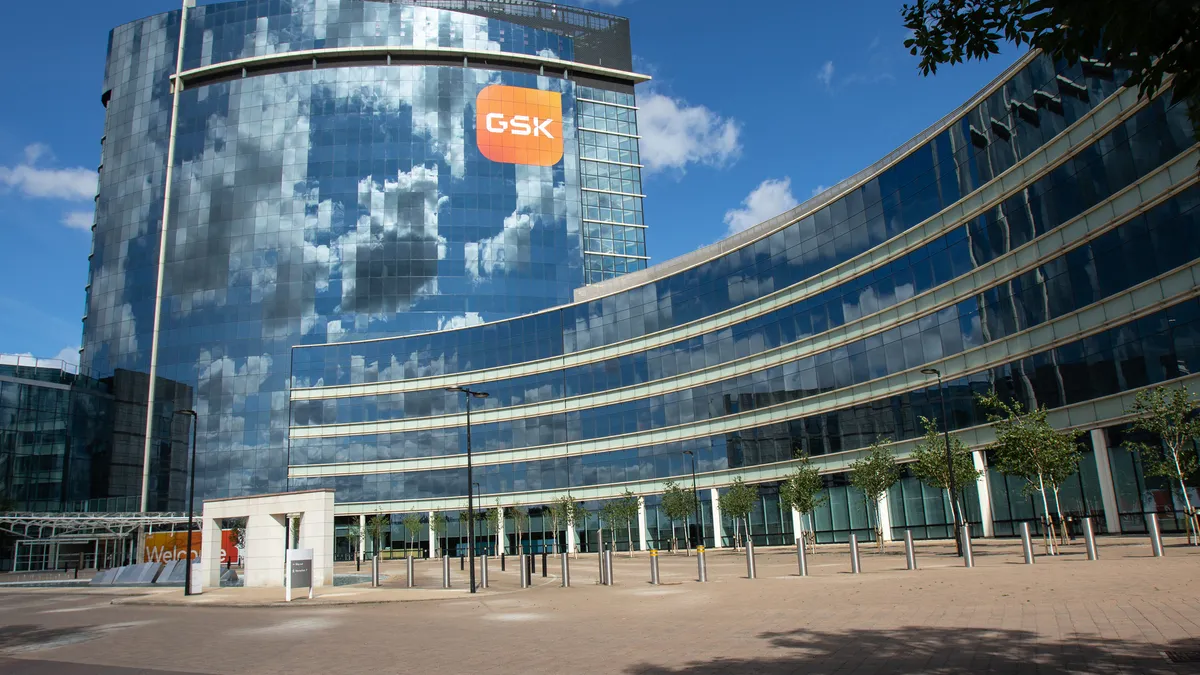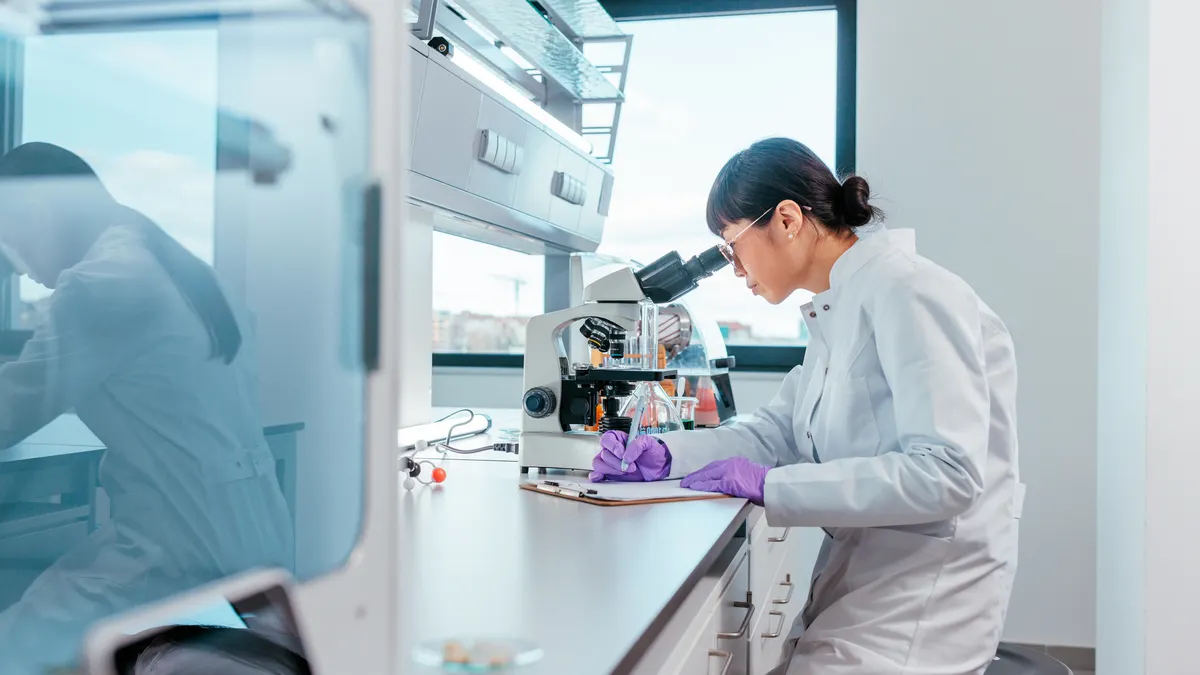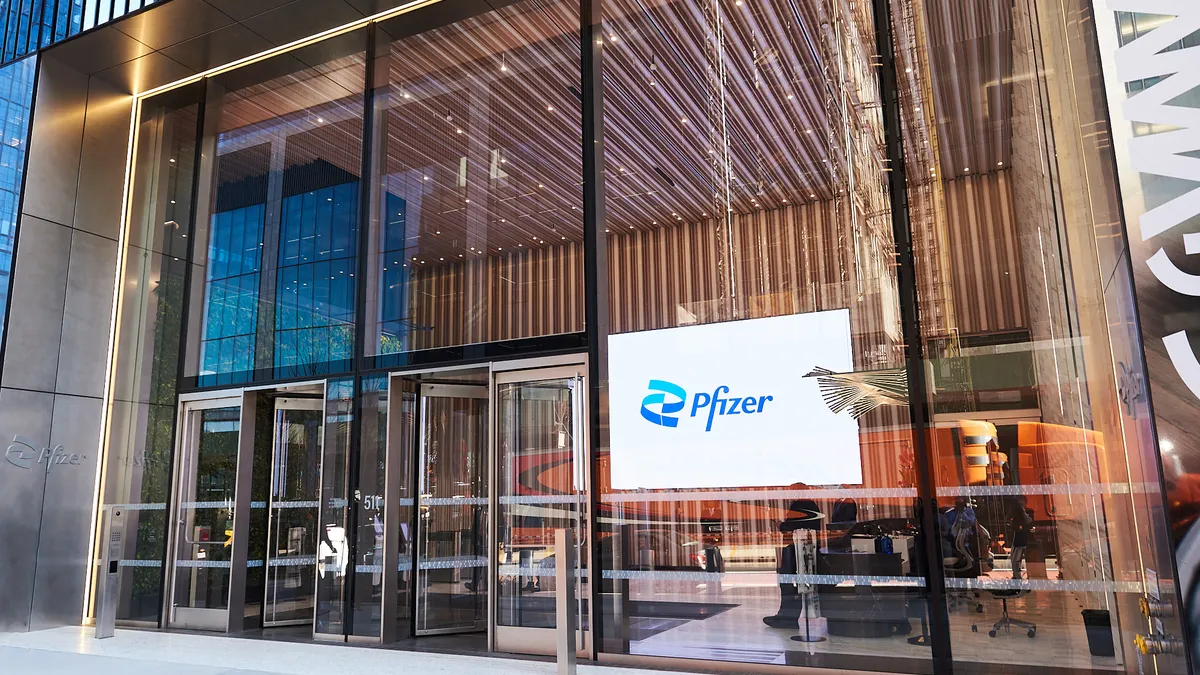A newly launched startup is the latest young company to build itself around a drug discovered in Chinese laboratories.
Hengrui Pharma on Friday said it licensed an experimental heart medicine to a secretive startup called Braveheart Bio. Per deal terms, Braveheart — a company incorporated in Delaware last year that doesn’t yet have a website — will pay Hengrui $32.5 million in cash and an equal amount in its shares for rights outside of Greater China and Taiwan to a drug called HRS-1893. Hengrui could also receive a $10 million payment in the near term, and is eligible for just over $1 billion in future milestones as well as sales royalties should the drug get to market.
With the deal, Braveheart joins other startups this year who’ve turned to China-originated drugs to build a pipeline. Since January, at least 19 privately held U.S. or European companies have licensed drugs from China, according to data compiled by BioPharma Dive. The surge in dealmaking for China-discovered medicines reflect both the sector’s fast growth there as well as the speed by which Chinese companies can bring new medicines into clinical testing.
Hengrui, one of China’s largest drugmakers by market capitalization, has been a beneficiary. Aside from its deal with Braveheart, the company has formed broad partnerships in the last year or so with Merck & Co. and GSK and licensing deals with Merck KGaA and startup Kailera Therapeutics. It also previously licensed a respiratory disease drug to startup Aiolos Bio, which GSK later bought in a $1 billion acquisition.
Through the deal announced Friday, Braveheart is joining a push to develop better medicines for a progressive heart condition called hypertrophic cardiomyopathy. Bristol Myers Squibb’s Camzyos in 2022 became the first approved medicine for the condition, which is characterized by a potentially deadly stiffening of the heart muscle. Others, like Cytokinetics, Edgewise Therapeutics and Hengrui, are advancing treatments they aim to prove are superior.
Like those medicines, HRS-1893 is a so-called myosin inhibitor designed to make the heart’s contractions less forceful. The drug is currently in Phase 3 testing for the more common “obstructive” form of the condition that Camzyos is approved to treat and Cytokinetics' drug could be cleared for later this year. Phase 1 data were presented at a medical meeting last month and “may confer best-in-class properties,” said Travis Murdoch, Braveheart’s CEO, in a statement.
“We are looking forward to further advancing its potential as a differentiated therapeutic for large and growing unmet needs in cardiovascular disease,” Murdoch added.
Though little is publicly known about Braveheart, the company is backed by a consortium of investors including Forbion and OrbiMed and is focused on heart conditions. It’s led by Murdoch, the former CEO of an immune drug startup, HI-Bio, that Biogen acquired last year.











